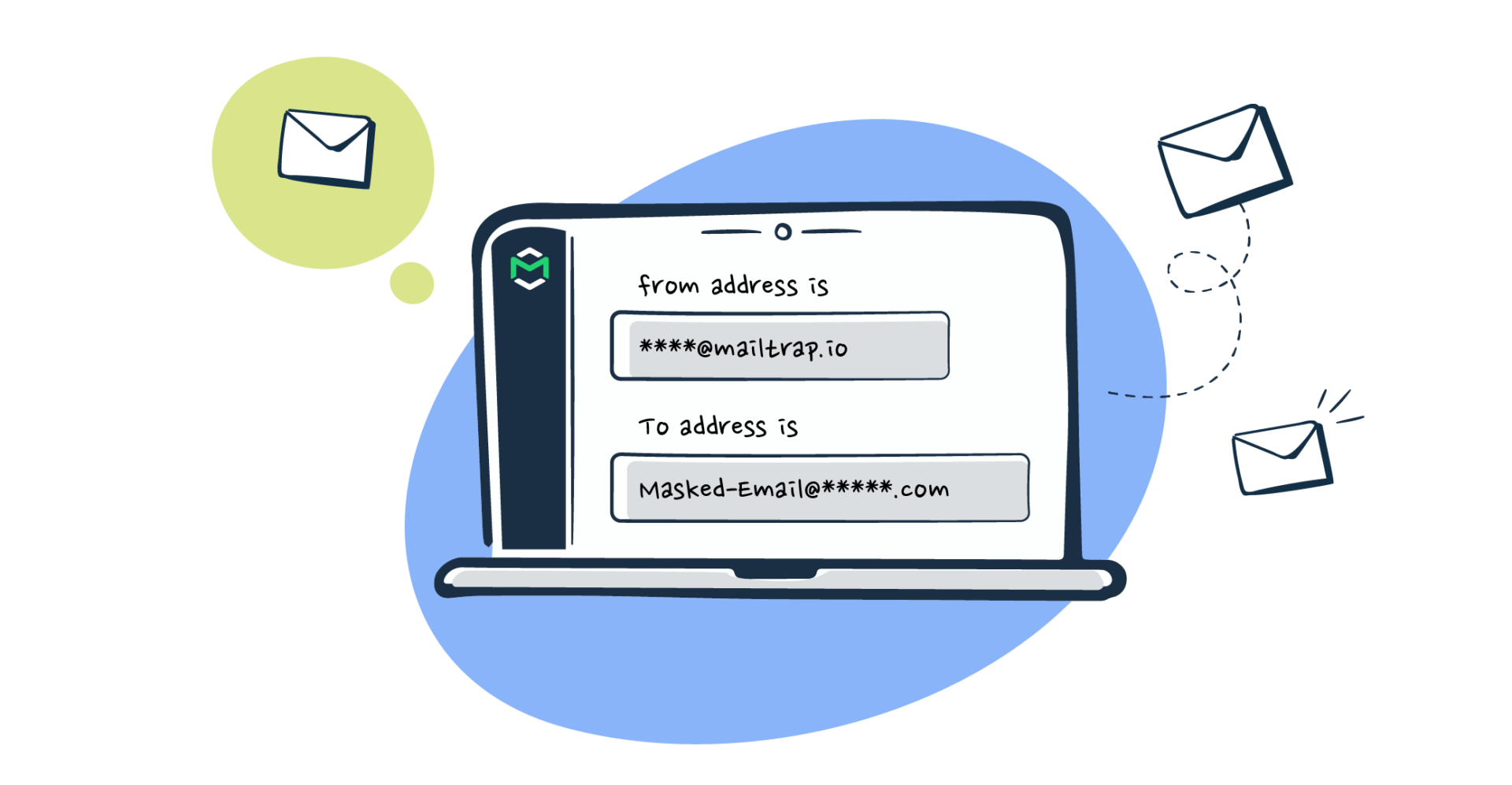As digital communication grows, so do concerns around privacy and security. Email masking is a simple yet powerful tool that helps protect your personal information by hiding your real email address and reduces the risk of spam, identity theft, and unauthorized access.
What Is Email Masking?
Email masking hides your actual email address and displays an alternative version. This helps prevent your information from being collected by spammers or bots. Common methods include:
- Email Aliases:
Alternative addresses that forward to your main inbox, keeping your primary address private.
2. Forwarding Services:
Third-party platforms that provide masked addresses with added features like spam filtering.
3. Obfuscation:
Changing the format of an email address to avoid detection by bots, such as using “name [at] domain [dot] com.”
When to Use Email Masking
- Online Signups: Prevent unwanted emails from websites or newsletters.
- E-commerce: Avoid having your shopping data tracked.
- Social media: Protect your inbox from spam or phishing.
- Job Applications: Keep your primary email private during early stages of outreach.
Benefits for Businesses:
- Customer Privacy: Provide contact options without exposing personal information.
- Internal Use: Safeguard internal emails and reduce risk of data leaks.
- Marketing: Track engagement while protecting core contact addresses.
Personal Benefits
- Security: Reduces the risk of identity theft.
- Inbox Management: Use aliases to organize incoming emails.
- Anonymity: Use in forums or public posts to maintain privacy.
Community and Family Use
- Churches and Organizations: Use masked emails for event signups, newsletters, or prayer requests to maintain member privacy.
- Families: Create masked emails for shared services, children’s safety, or group updates.
Email masking is a practical way to protect your privacy while staying connected. Whether you're a business, individual, church, or family, using masked emails adds a layer of security, improves organization, and helps ensure peace of mind online. Adopting this simple practice can make a big difference in today’s digital landscape.


